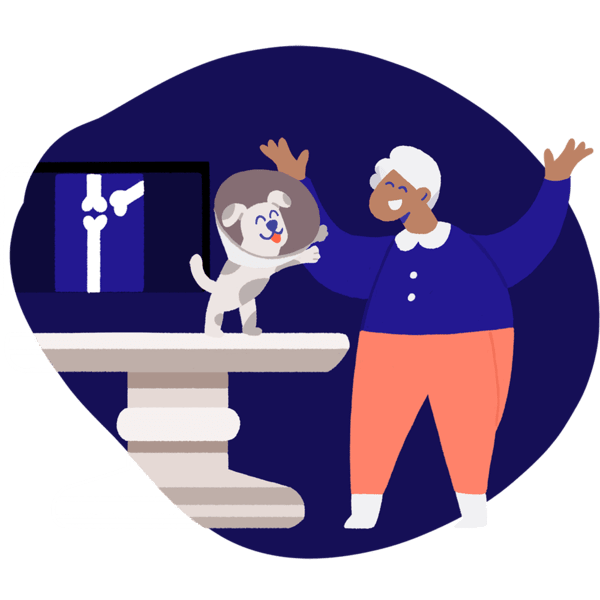Lock in a low rate homeowner loan
Compare loans and see the lowest rate available to you

You could be eligible, even if you don’t have a high credit score
Get a decision in seconds, so you can apply with confidence
Checking won’t harm your credit score

Financial Conduct Authority
Authorised & Regulated
Homeowner loans
Overview:
A homeowner loan is a loan secured against your property
You can usually borrow larger amounts with a homeowner loan
Homeowner loans also tend to have lower interest rates
Flexible repayment terms from 3 to 30 years
What is a homeowner loan?
A homeowner loan is a type of a loan that allows you to borrow money by using your house as a security. Homeowner loans are also known as secured loans because the loan is secured against your property.
How homeowner loans work
A homeowner loan allows you to borrow money against the equity in your home. Like any other loan, you’ll repay what you owe and the interest you incur over time. As the loan is secured against your property, your home may be at risk if you don’t keep up with repayments.
Is a homeowner loan right for me?
Whether or not a homeowner loan will be right for you will depend on your circumstances. Here are some reasons why getting this type of loan might work for you.
You have a low credit score: Having a low credit score can make it harder to borrow. A lower credit rating can signal to lenders you might not keep up with repayments. Because a homeowner loan is secured against your property, the lender is taking on less risk. Homeowner loans can be a way for homeowners with low credit scores to borrow money.
You need to borrow a larger amount: If you’re looking to borrow a large sum of money, then a homeowner loan might be worthwhile. As homeowner loans are less risky for lenders, you’re usually able to borrow more than you would with a personal loan. For example, if you want to borrow money to pay for a big expense such as home improvements, then this type of loan could be an option.
You want to consolidate your debts: If you have multiple outstanding payments, say, for example, on your credit card or personal loan, then you can use a homeowner loan to consolidate them. This makes it easier to manage your payments into one monthly payment, and you’re usually offered a lower interest rate on a homeowner loan.
You want more time to pay off your loan: Compared to other types of loans, homeowner loans tend to have longer repayment times. Homeowner loan lengths can be as long as 30 years.
What can I use a homeowner loan for?
You can use a homeowner loan for whatever you want. Here’s what people most commonly use them for.
Reducing monthly payments: With a homeowner loan, you can combine credit cards, personal loans, and other debts into one payment with a lower interest rate. On average, customers reduce their outgoings by more than £700* per month when taking a loan for debt consolidation in the last 12 months. If you consolidate your existing borrowing, you may be extending the term and increasing the amount you repay in total.
Paying for home improvements: Renovating your home can be expensive, and you may not have the cash immediately available to cover the cost. Homeowner loans can be a way to pay for home improvements without having to save up.
What to know before applying?
Here are some things to keep in mind before you apply:
Loan length and costs: Homeowner loan repayments tend to be spread over a longer period than unsecured loans. So, monthly payments can be low, but the total amount of interest paid can be high.
Interest rates: Rates on homeowner loans can be variable or fixed. A variable rate means the rate can go up and down, while with a fixed rate, the rate will stay the same throughout a set period—for example, 5 years.
Risk of losing home: It’s important to remember that with a homeowner loan, you’re putting your house up as security. So, if you can’t keep up with repayments, you could lose your home.